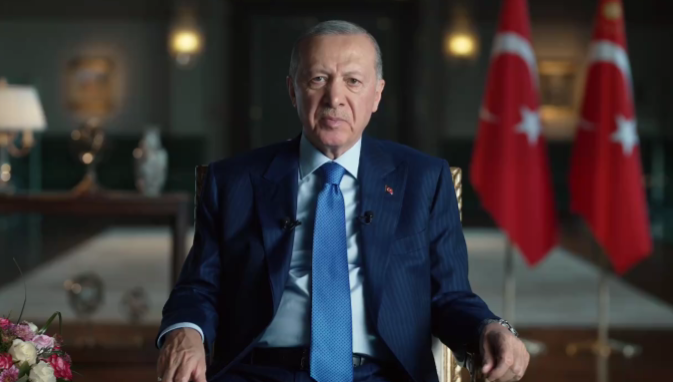The findings of research by a pro-government think tank commissioned by the ruling Justice and Development Party (AKP) reveals significant shifts in public perception in Turkey, indicating that President Recep Tayyip Erdoğan’s previously unshakable image is now vulnerable, according to a journalist citing insider information.
According to Nuray Babacan of the Gazete Pencere news website, the report, compiled by the pro-AKP Foundation for Political, Economic and Social Research (SETA), analyzes the party’s performance in recent local elections and its broader connection with the Turkish electorate.
In the March 31 local elections, over 1.3 million voters who previously supported the AKP voted for the main opposition Republican People’s Party (CHP), according to a May survey by Metropoll. The CHP emerged as the leading party for the first time in 47 years, securing 37.7 percent of the vote, while the AKP came in second with 35.4 percent. The poll revealed that 23 percent of the AKP’s 2023 general election voters remained loyal, but that significant numbers either voted for other parties or abstained from casting ballots, reflecting a substantial decline in AKP’s support.
SETA’s research not only highlights the reasons behind the AKP’s losses but also provides a sociological assessment of the party’s internal issues and the shifting public perception of Erdoğan.
Public no longer shields Erdoğan
One of the most striking conclusions of the report is the erosion of Erdoğan’s “protective shield.” Traditionally, a majority of the Turkish public has distinguished between the president and his party, often blaming the AKP for governance issues while sparing Erdoğan from direct criticism. However, this trend appears to have reversed. The SETA report suggests that voters are now holding Erdoğan personally accountable for the country’s challenges, a shift that could have significant implications for his political future.
Internal divisions and erosion of justice
The SETA report also highlights the factionalism within the AKP and a perceived erosion of justice. The party, which has been in power for over two decades, is reportedly suffering from internal divisions, with different factions working against each other. This has led to a decline in morale among party members as well as the efficiency with which the AKP functions.
The report further notes that the perceived erosion of justice is not confined to the judiciary but extends to all levels of governance. The failure to promote merit-based appointments in public service jobs, coupled with the rise of favoritism and cronyism, has severely undermined public trust in the party.
Economic crisis and income inequality
Another key issue raised in the report is the ongoing economic crisis in Turkey. Inflation, the rising cost of living and increasing income inequality are contributing to widespread public discontent. The report indicates that these economic challenges have caused significant segments of the population, including former AKP supporters, to distance themselves from the party. This trend was evident in the local election results, where the AKP saw a substantial decline in voter support.
Criticism of anniversary celebration
The report also touches on the criticism of the AKP’s recent anniversary celebration, which was described as lackluster by both the public and party members. The event, intended to showcase the party’s strength and unity, instead highlighted a sense of complacency and disconnect from the public.
In response to these challenges, the AKP is reportedly considering new strategies to regain public support. These include potential new recruits from other political parties, aimed at reinforcing the image of the AKP as a center of power. Reports suggest that negotiations are underway with some members of the Islamist opposition Felicity Party and the Future Party, as well as several mayors, to join the ranks of the AKP.



